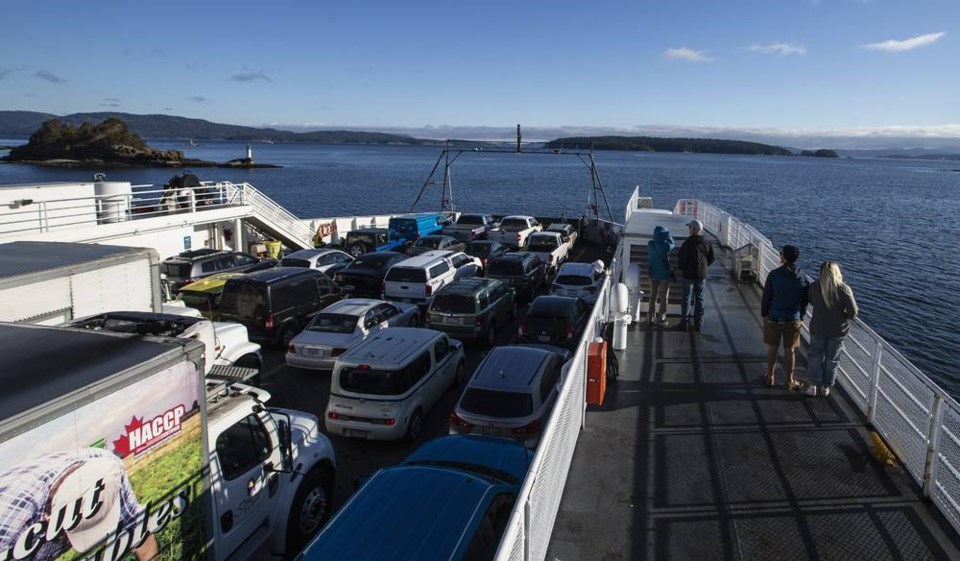A surge in real estate sales and a run of new builds and renovations during the pandemic has led to a huge backlog in permit applications within the Islands Trust area.
That’s meant significant delays in processing all sorts of development applications — from building decks, fences and boat houses to home additions and new houses, said Island Trust council chairman Peter Luckham.
“Like most places, we are experiencing a significant increase in real estate activity, and the pattern is when someone acquires a new property they have expectations of what they want to do with it,” Luckham said in an interview from his Thetis Island home. “And right now we are seeing all sorts of applications for raw land, and cabins and homes that need to be renovated.”
The Islands Trust area includes 13 major islands, 450 smaller islands and is home to 26,000 residents, 10,000 non-resident property owners and 28,000 Coast Salish people on the waters between Comox and Victoria.
It has 26 elected members and a small staff. The council meets quarterly, develops annual budgets and enforces bylaws that follow official community plans.
Luckham said Islands Trust staff have been working “at maximum capacity” to process permits and applications for property variances, but the sheer volume is causing delays.
He noted that compared to a five-year average, in the first quarter of this year, development applications more than doubled on Salt Spring Island to 105%. In the rest of the southern islands, including Pender, Mayne and Galiano, applications went up 90%, and they increased by 56% in the northern islands such as Denman and Hornby.
Luckham said due to budget restrictions, the trust isn’t in a position to hire more staff.
Any additional hires to handle the increases would have to be included in a new budget this fall, he said. But Luckham cautioned the real estate boom would need to show sustained pressure to justify the expense.
“There might be a discussion to hire more staff, but this is a significant decision that costs the taxpayers,” he said. “It would have to be considered carefully.”
The Islands Trust is cautioning residents about moving ahead on developments or significant projects without authorization, saying it can cause serious additional delays, disrupt fragile ecosystems and destroy cultural heritage sites.
Luckham said bylaws preserve and protect the Islands Trust mandate, and they will be enforced when work is started without appropriate permits.
“Plan as far ahead as you can and get the application in,” said Luckham. “It’s really crucial because things can go wrong. People can build on other’s property without knowing it, or you can upset a crucial ecosystem or even disturb a cultural site. The permit process will protect you because working outside the process can lead to stop-work orders, legal issues and conflict with your neighbours.”
Luckham said the pandemic is spurring more people to live full time on the islands and also attract new residents.
“I’ve been living on Thetis for 34 years and people used to build stuff in the woods and not think anything of it,” he said. “But there’s more public attention now. It’s a new generation and they are more broadly aware and concerned about the environment and to follow the community vision and the bylaws that support that vision.”



